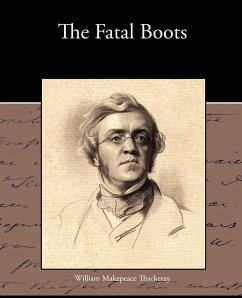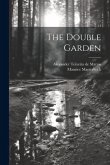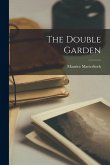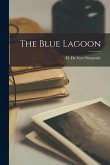William Thackeray was a 19th century British novelist. He was famous for his satirical works, particularly Vanity Fair, a panoramic portrait of English society. In the early 1840s Thackeray had some success with two travel books, The Paris Sketch Book and The Irish Sketch Book. Thackeray said that "Twelve of my adventures, suitable for meditation and perusal during the twelve months of the year, have been arranged by me for this work." The adventures include January. --The Birth of the Year, February. --Cutting Weather, March. -Showery, April. -Fooling, May. --Restoration Day, June. --Marrowbones and Cleavers, July. --Summary Proceedings, August. --Dogs have their Days, September. --Plucking a Goose, October. --Mars and Venus in Opposition, November. --A General Post Delivery, and December. --"The Winter of Our Discontent".








